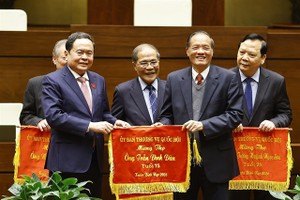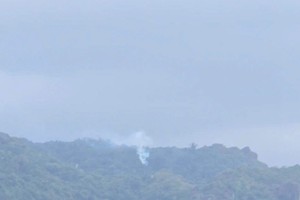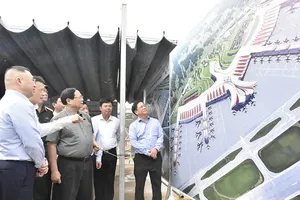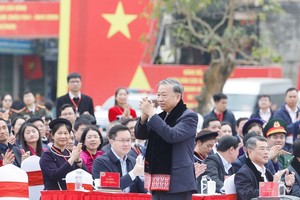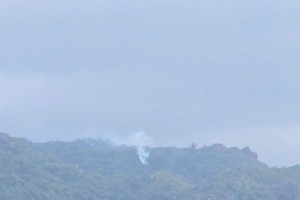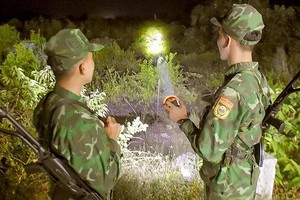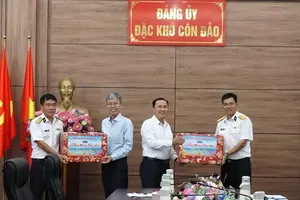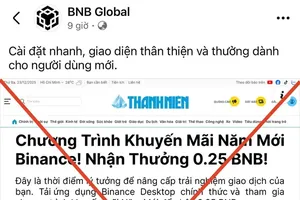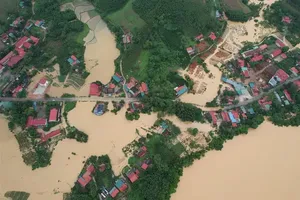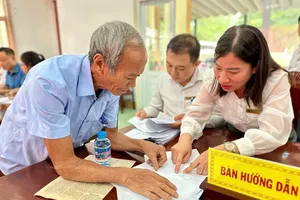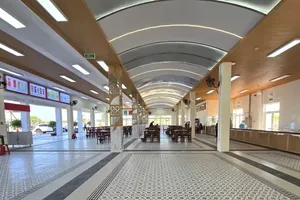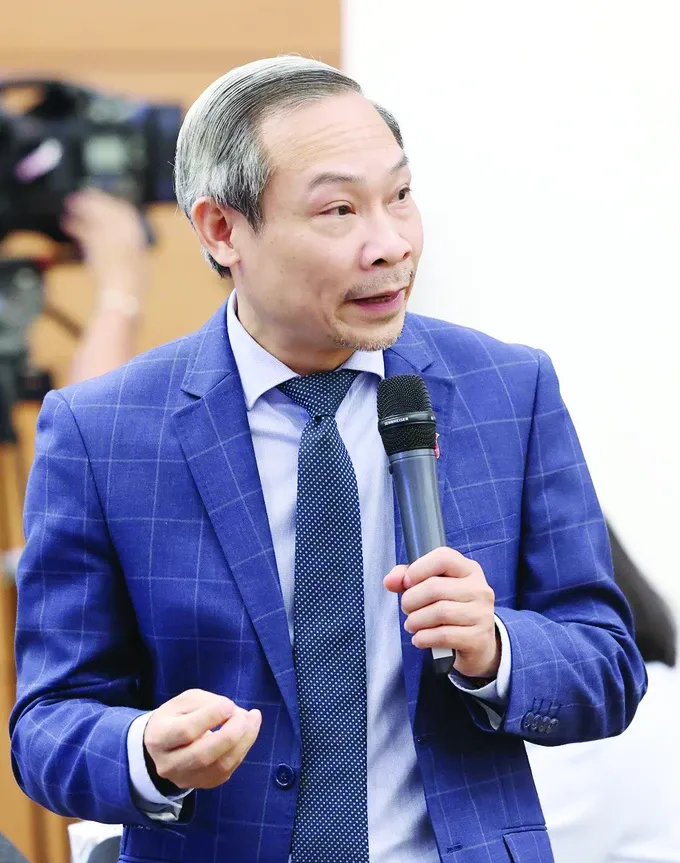
Firstly, Mr. Phan Duc Hieu briefed the prominent content of the amended Land Law, which has attracted much attention of society since its introduction thanks to its great effects on various fields. The Law has 260 articles, with hundreds of new points, five of which are of particular importance.
The first one is the policy group to increase the protection of the legitimate rights and benefits of citizens and land users. It expands the land use right to Vietnamese citizens, be they living abroad or not. It details the land policy for ethnic minorities, the rights and benefits of people affected by land clearance tasks for land planning. It also mentions detailed administrative procedures to issue land certificates to individuals and businesses (such as receiving real estate project transfers, automatically renewing time for agricultural land).
Secondly, many new regulations are included regarding land access for daily activities and manufacturing or trading purposes as well as the State’s goals of constructing socio-economic facilities. For instance, Article No.79 displays regulations on land retrieval for the sake of socio-economic growth, public facilities construction, national defense; on land funds for small and medium-sized enterprises, and for the social fields of healthcare, education, culture.
The third group aims at increasing the performance of land use as this resource is not merely for accommodation but also for manufacturing and trading activities. This increase is critical in stopping waste and speculating in land use. There are regulations for the cases of multiple land use purposes, agricultural land conversion to accumulate land for manufacturing purposes, land lease and joint venture rights of public service providers, transfer of paddies from subjects not directly involved in agricultural production, and land use purpose changes.
The fourth content is related to finance. The Law introduces policies for land price, land use fee, land rent, and land-related fee valuations. These policies are expected to stabilize land rents to offer favorable conditions for manufacturing activities, to clearly detail land prices and supports to individuals, businesses (land use fee and land rent exemption or reduction).
The last is about the state management on land use. This is supposed to provide more convenience to both individuals and businesses by eliminating unnecessary administrative procedures; improving the quality of land databases to serve daily and manufacturing, trading activities; introducing essential mechanisms to settle disputes and to enhance the role of commercial arbitrations; issuing land use certificates for citizens in certain cases.
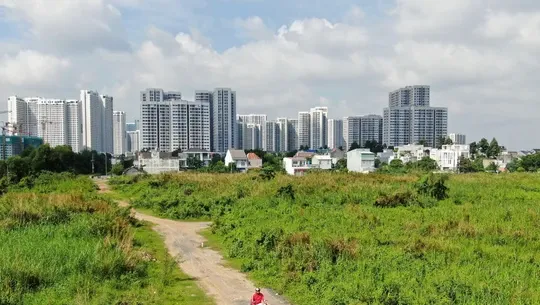
Mr. Hieu then explained in more details the influences of the five policy groups above, especially increasing the level of protecting legitimate rights and benefits, on individuals and businesses – the two subject to use the land resource.
As to companies, the land resource is considered an input one. The amended Land Law expands the rights of Vietnamese land users, even when they are now living in other countries. This totally complies with the Party and the State’s guidance of treating all Vietnamese citizens fairly regardless of their current permanent address. That will help mobilize more investment resources for socio-economic growth in Vietnam.
Another point is the new content with regard to ethnic minorities, who normally reside in areas closely connected to national security and defense. These regulations bring fairness in policy implementation, and show the humanity side of the Party and the State towards all citizens alike.
One prominent content is the administrative reform related to land use for individuals and businesses, which positively affects the land access ability of enterprises. For example, the procedures to transfer real estate projects of either foreign-invested economic organizations or domestic ones used to be extremely complicated with may steps. Thanks to the amended Land law, several unnecessary steps have been taken away to better protect the legitimate rights and benefits of citizens.
More importantly, the amended Land law is successful in properly institutionalizing the Party and State's policy of using market mechanisms and reducing administrative mechanisms in land access, which reduces inconsistencies between landowners and people wishing to use the land resource. This will ultimately boost socio-economic activities. More mechanisms for bidding, auctions, land use purpose changes, capital contribution, and business cooperation are applied.
Mr. Hieu stressed that the amended Land Law is introduced to ensure fairness and convenience for businesses of all scales and in all fields to approach the land resource. Take auctions as an example. It is impossible to organize auction sessions for the land for healthcare purposes since the winner might choose to use that land for real estate purposes instead.
The amended Land Law has considered the fairness element by introducing a number of mechanisms to promote medical and educational activities, stipulating that industrial parks and clusters must allocate sufficient land resource for small and medium-scaled enterprises because these companies cannot access land in usual ways.
Remarkably, the Law also mentions regulations on certain land resources for social policies like social housing, worker housing, below-market housing, making it fairer and more convenient, market-oriented for businesses.
I personally appreciate a number of regulations on expanding the land fund towards the sea. It is obvious that the marine economy holds great potential. Hence, the amended Land Law adds corresponding regulations on investment projects with the intention of sea reclamation for marine economic activities.
Mr. Phan Duc Hieu








